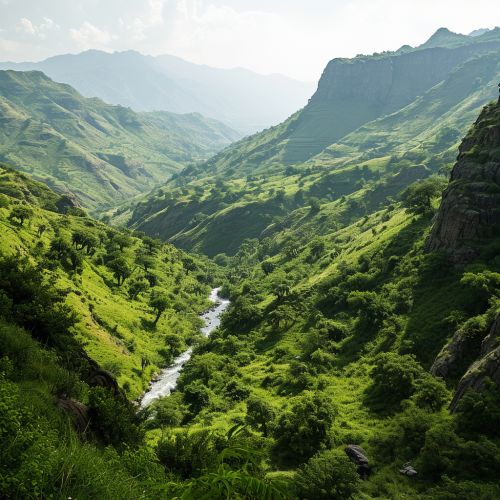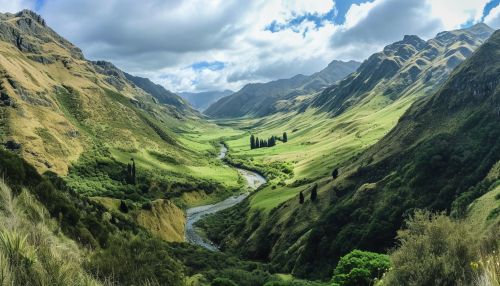Bosnia and Herzegovina
Geography
Bosnia and Herzegovina is located in Southeastern Europe on the Balkan Peninsula, bordered by Croatia to the north, west and south, Serbia to the east, and Montenegro to the southeast. The country is almost landlocked, except for 20 kilometers of coastline on the Adriatic Sea at the town of Neum.


The country's geography is marked by the Dinaric Alps and the Pannonian Plain. The central and eastern parts of the country are mountainous, with peaks reaching over 2,000 meters in height. The western part of the country is characterized by a narrow coastal plain, which widens in the north to become the fertile Pannonian Plain.
History
The history of Bosnia and Herzegovina is complex, marked by several different periods of foreign rule. The area was part of the Roman Empire, followed by the Byzantine Empire, before being conquered by the Ottoman Empire in the 15th century. The Austro-Hungarian Empire annexed Bosnia and Herzegovina in 1878, and it remained under their control until the end of World War I.
The post-World War II period saw Bosnia and Herzegovina as one of the six socialist republics in the newly formed Socialist Federal Republic of Yugoslavia. The breakup of Yugoslavia in the 1990s led to a devastating war in Bosnia and Herzegovina, known as the Bosnian War, which lasted from 1992 to 1995.
Politics
Bosnia and Herzegovina is a federal parliamentary republic, composed of two entities: the Federation of Bosnia and Herzegovina, and Republika Srpska. The country's political system is characterized by a complex institutional structure, which includes a tripartite Presidency, with one member from each of the three constitutive nations: Bosniaks, Croats, and Serbs.
Economy
The economy of Bosnia and Herzegovina is characterized by a mix of agriculture, industry, and services. The country has significant resources, including coal, iron ore, bauxite, copper, lead, zinc, clay, gypsum, salt, forests, and water power. However, the economic development of the country has been hampered by the war and the subsequent political instability.
Culture
The culture of Bosnia and Herzegovina is rich and diverse, reflecting its long history and the influence of different civilizations. The country's cultural heritage includes numerous historical monuments, traditional music and dance, literature, visual arts, and cuisine.
